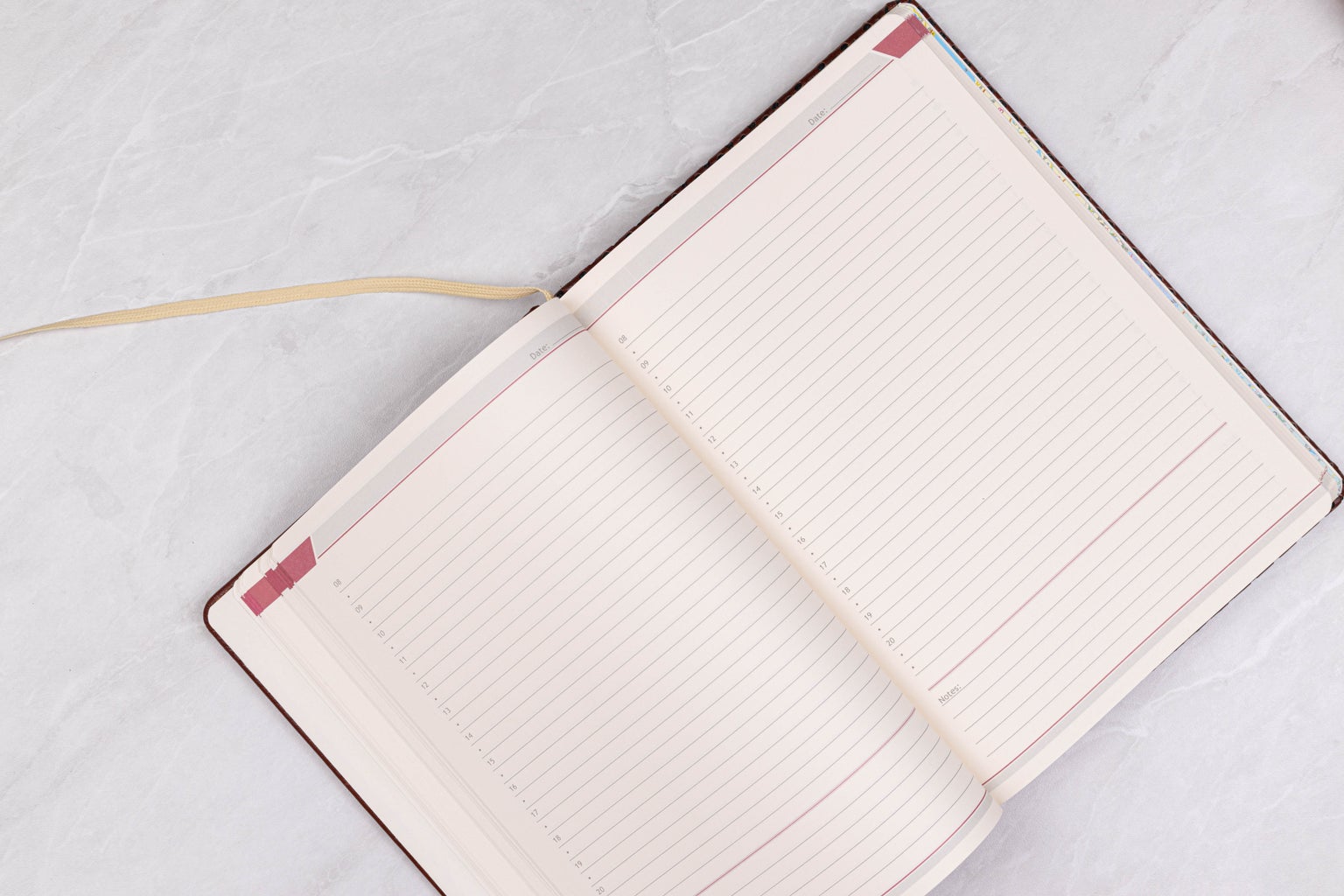Now that we have officially completed the fifth week of school at UIUC, you may have midterms coming up. Whether you have already taken your exams and were unhappy with your score or are looking for a way to prepare for your upcoming test, there is always room to improve. My go to study tactic is to make a detailed study guide to serve as a blueprint for your studying. Here’s some tips to help you make the perfect study guide!
Take detailed notes
The first step to a high quality study guide and proper preparation for an exam is to show up to lectures and take great notes. I typically keep a Google document for each unit in a class, and I write down any definitions, examples or random facts that the professor states. You can keep your notes as detailed or simple as you would like, but I have found that the more notes, the better. It never hurts to be overprepared.
List Definitions
If the class is a social science or a memorization-based class, I like to split screen my class notes and a new Google document. This second document is the basis of my study guide, and I copy down any definitions or important information from my notes. It is important to be mindful while doing this… making the study guide can be a helpful part of studying!
Refer to Readings and Worksheets
After making my definition list, I like to refer to readings and class worksheets to add any definitions or main ideas I may have missed in my original list. Even if you think something may not be tested on, it’s always good to include it if you have time.
List practice topics
For tests that may include graphing or math problems, I like to list the topics in a checklist type of format. When I get to that part of the study guide, I do practice problems on that subject until I feel confident. Including these things in your study guide can help prevent missing material and make sure you are confident about all topics.
Memorizing Your Study Guide
Once you make the study guide and review it, keep track of topics you don’t entirely understand. Sometimes I like to use additional methods to help tackle these topics, especially if I am having trouble memorizing them. Flashcards can be a great way to memorize terms or definitions!
If all else fails, my best recommendation to help you memorize information in your study guide is to come up with mnemonic devices to help you remember. You can make a mnemonic device by taking the first letter of every word in a list and then coming up with a sentence with them. For example, if you are trying to remember the polyatomic ions, you can remember to Have No Fear of Cute Ice Bears, or HNFCIB: Hydrogen, Nitrogen, Fluoride… and so on. This trick can be used to memorize lists or definitions!
I hope these study guide tips help! Once you are all done with your list, review each topic and highlight the ones you don’t know well. Then just keep rehearsing the guide until you understand all the topics!




